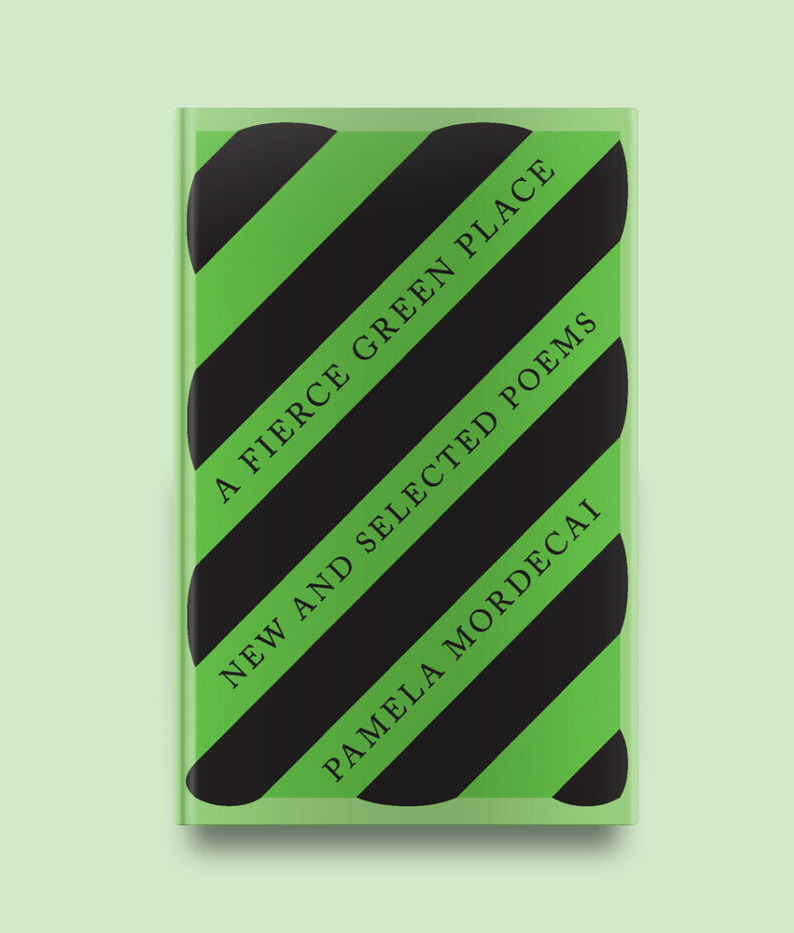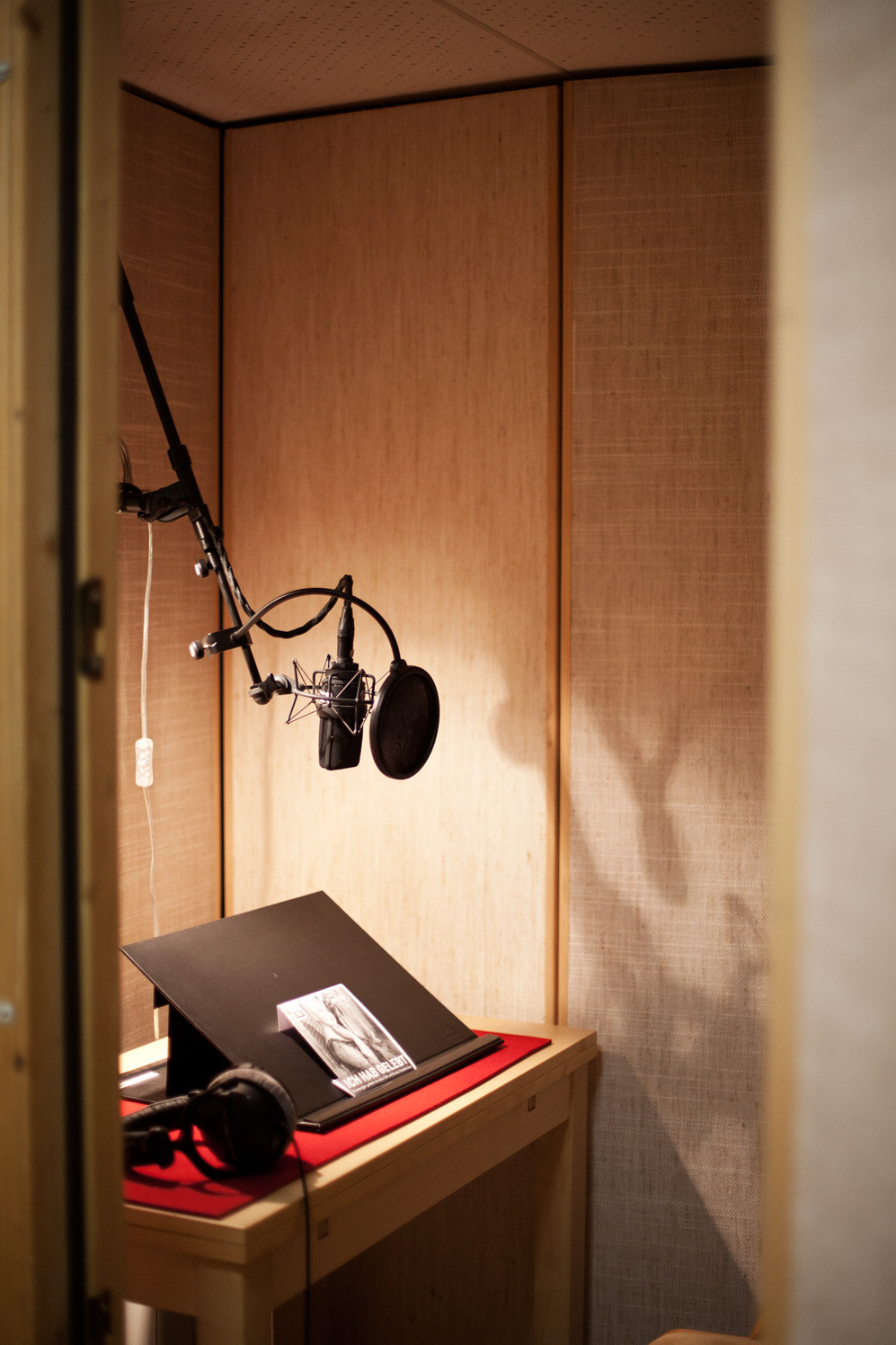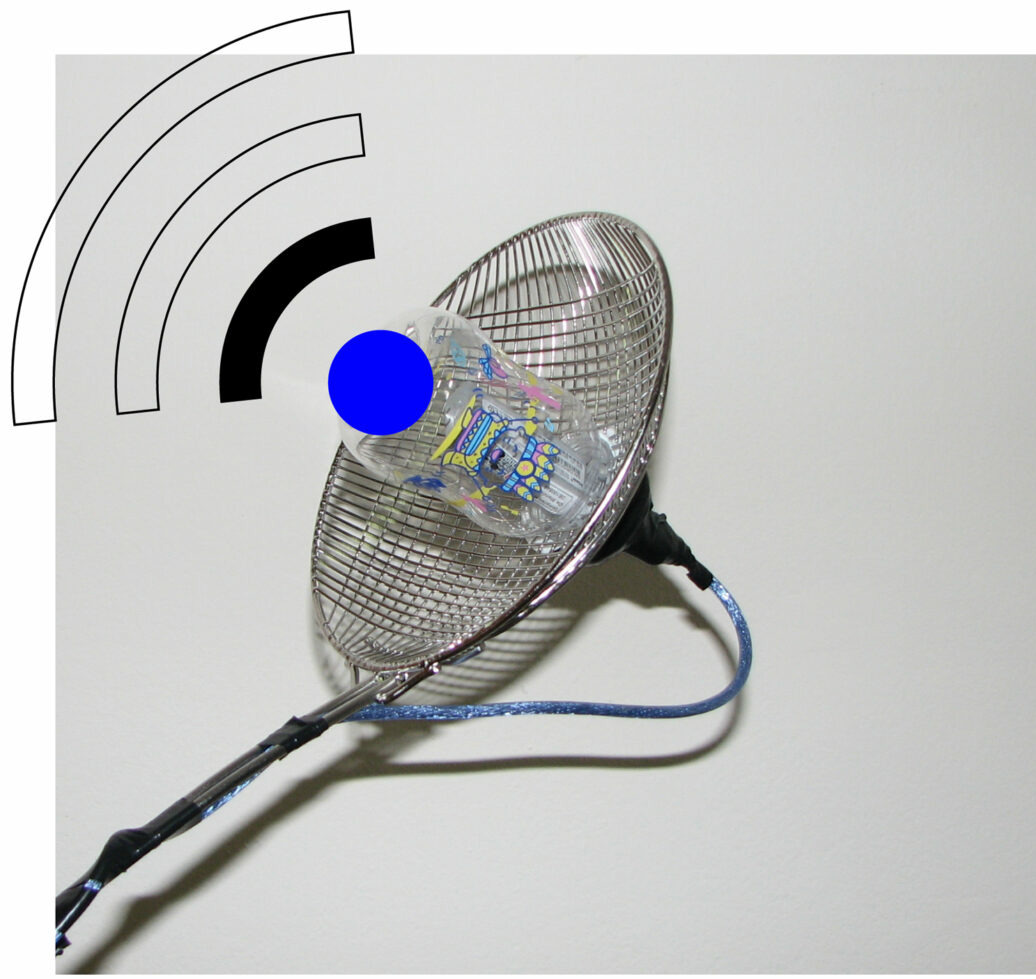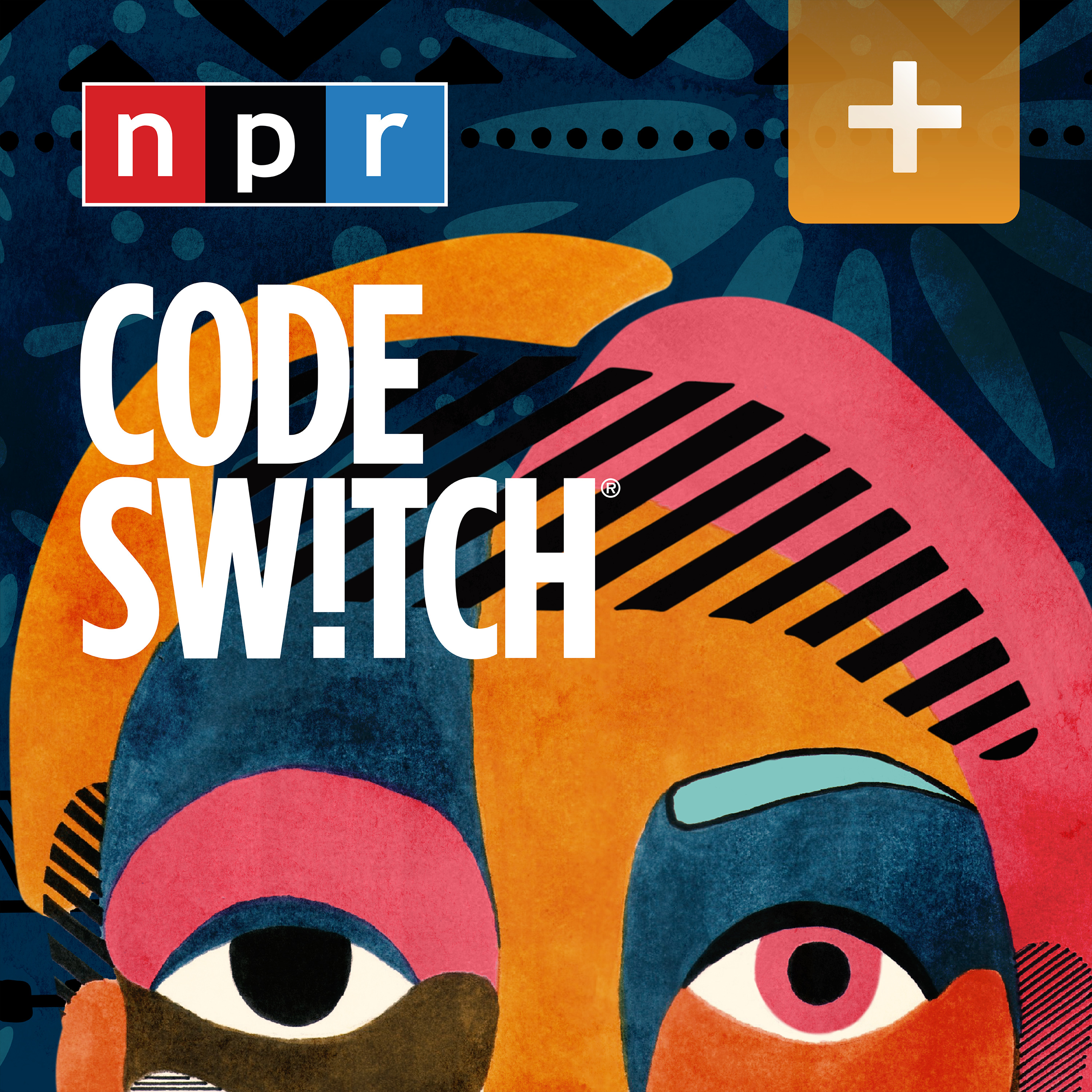In this link list, we listen to family stories and save languages from digital extinction. While watching the sunset, we see the opportunity of healing through the way we speak.
Understanding and exploring language as a nuanced and complex tool, opens the possibilities of how we can shape reality. Below, an entwinement of poetry, technology, and ancestral knowledge shows us the scope of language and its inherent political power.
The Language of Water

about
About
As we face our current environmental crisis, creating bridges between different kinds knowledge is more important than ever. In Mexico, a group of researchers decided to step up to the challenge and is working on translating the water cycle into various indigenous languages, with the premise that “receiving information in your language is a human right.”
Where Is the Poem That Explains?

Link
About
“Purity in language or anywhere else, it’s not defensible.” says Jamaican poet Pamela Mordecai. In this beautiful interview, she talks about plurilinguism in poetry and its relevance in telling stories rooted in slavery.
The Artist Revealing the Healing Power of Language

Link
About
How can we heal through language? How can language bring us closer to our personal and political history? In this interview, we dive into artist Shen Xin’s piece ས་གཞི་སྔོན་པོ་འགྱུར། (The Earth Turned Green), a video installation revolving around notions of the impermanence of language and translation. Working from their family history, Shen brings to light language’s power to generate new realities and create new points of connection.
A Different Kind of Bid to Win Over the Spanish-Language Media Audience
About
After seeing the effects of right-wing misinformation campaigns targeted at Latinx voters, Stephanie Valencia—an entrepreneur who was a special assistant to President Barack Obama— decided to take matters into her own hands. In this article, we see how by acquiring eighteen Spanish-language radio stations serving ten of the largest Latinx-populated cities in the U.S, she hopes to ensure a more transparent and informed exchange of information in Spanish radio.
Typotheque develops typefaces to support the digital preservation of Indigenous languages

Link
About
“When the Unicode Standard does not contain characters (code points for particular characters) in a given language’s orthography, it is not possible for that community to accurately use their language on digital text platforms,” says type designer Kevin King. In the last decade, indigenous languages have disappeared, to prevent their digital extinction, the type foundry Typotheque is working in collaboration with Indigenous language keepers to shift what is considered the standard.
My Name is Beauty

Link
About
In this moving story, native scholar and poet, Jake Skeets interrogates the violence and beauty of naming and how it shapes our reality. Thinking about the opacity of metaphors and common places, Skeets ponders on the potential of Indigenous writing to outline the future.
Tools of Communication

Link
About
The medium we use to tell our stories affects their context, and ultimately their meaning. In a moment in time when we use digital communication more and more, it is important to understand how we use this tool. “Tools of Communication” is an ongoing database that stores and classifies examples of human communication, and deconstructs its phases in order to archive and understand how we communicate in current times.
The Gender in Language
About
The Gender in Language Project is an online resource meant developed by students at the University of California, Berkeley. With notions of gender constructs evolving rapidly, society is asking for more inclusive ways of implementing languages. This project describes “gender-inclusive forms with masculine-feminine gender distinctions to queer community members who need these forms to self-identify.”
Lost in Translation

LINK
About
The use of language is revisited and challenged by each generation and can change family structures and change the way we communicate. In this episode of Code Switch, two parallel stories are presented: One is about a young man trying to talk about his parents about gender in Chinese, and the other is about a family who was advised to stop taking their heritage language.
This collection of links revolves around the political and social power of language. If you want to read more about the possibilities of language, visit the story Expressing rage through angles and pie charts with Berlin-based artist Christine Sun Kim.
Text: Maria Paris
Main Image: cover of BOMB 161, Fall 2022.
Photography: Greta van der Star and Robert Rieger
Images: Jason Hetherington / Trunk Archive, Daniel Pérez, Laura Lannes, Typotheque, and Laura Messaglio



